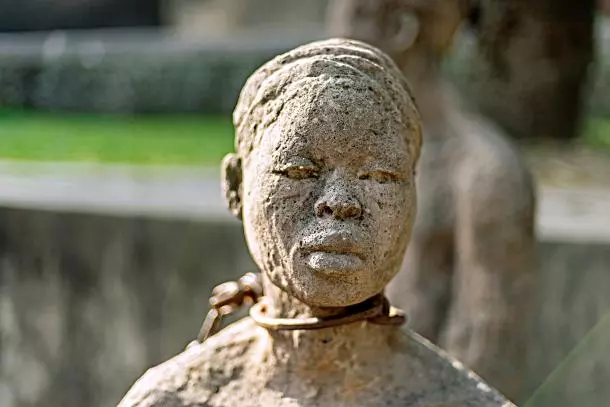Global charity warns of worsening humanitarian crisis in South Sudan

The Integrated Food Security Phase Classification report released in June notes that the overall malnutrition burden among children under five has increased from 2.1 million to 2.3 million.
South Sudan risks losing its next generation due to massive funding cuts to humanitarian assistance, leaving more than 2 million children suffering acute malnutrition unable to get the required treatment, Save the Children, a global charity, said on Friday.
Danny Glenwright, chief executive officer (CEO) of Save the Children Canada, who joined a high-level delegation on a six-day visit to Maban in Upper Nile State and Bor in Jonglei State, told journalists in Juba, the capital of South Sudan, that he witnessed firsthand the impact of the aid cuts on health, education, nutrition, and child protection.
More To Read
- Kiir sacks finance, investment ministers amid South Sudan’s economic turmoil
- Salva Kiir appoints daughter as Presidential Envoy, stirring nepotism debate
- UN commander welcomes Rwandan troops to South Sudan
- South Sudanese ‘are counting on us’, top UN official tells Security Council
- South Sudan peace deal at risk, RJMEC warns amid rising violence and political arrests
- South Sudan refutes reports on Palestinian displacement talks with Israel
Glenwright highlighted the impact of the aid cuts on education for children in refugee camps in Maban, noting that the closure of Save the Children's early childhood education centres will deprive these children of the education and child-friendly spaces that their parents relied on in the past.
The Integrated Food Security Phase Classification report released in June notes that the overall malnutrition burden among children under five has increased from 2.1 million to 2.3 million.
He warned that the situation has been exacerbated by climate change and the ongoing war in neighbouring Sudan, which has seen about 1.2 million people flee to South Sudan.
Adrian Forster, CEO of Save the Children Switzerland, emphasised that this crisis comes at a time when 70 per cent of the population is already in need of humanitarian assistance.
Forster noted that the humanitarian system is being overstretched due to the influx of refugees and returnees from Sudan, with hundreds of daily arrivals, including the two million internally displaced people.
Christopher Nyamandi, South Sudan country director of Save the Children, said South Sudan has depended on humanitarian development aid for many years since its independence, adding that 25 per cent of its gross domestic product comes from the international community.
"So this is going to have a massive impact on the economy, as well as social conditions for children across the country," he said.
Top Stories Today











































